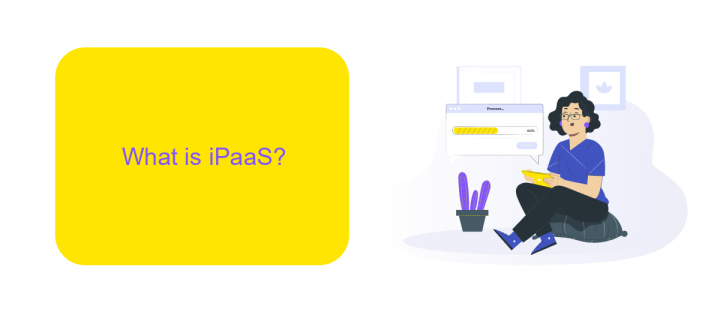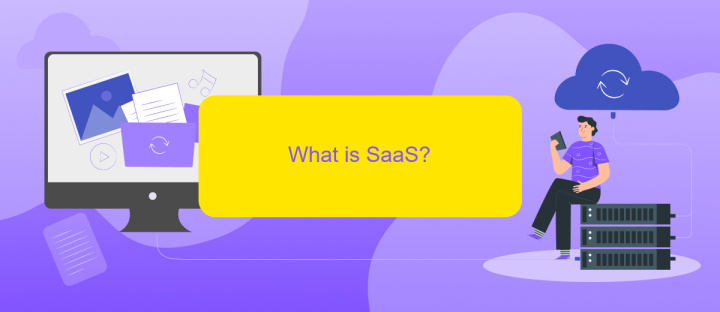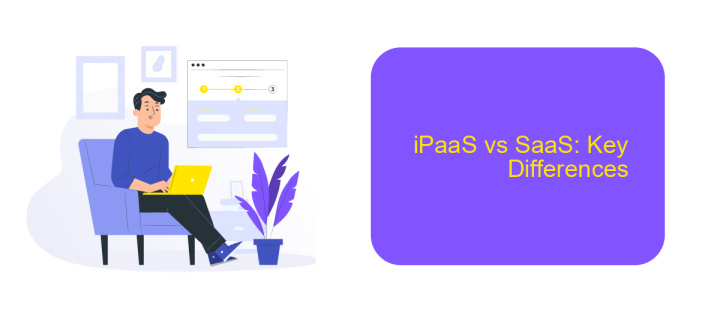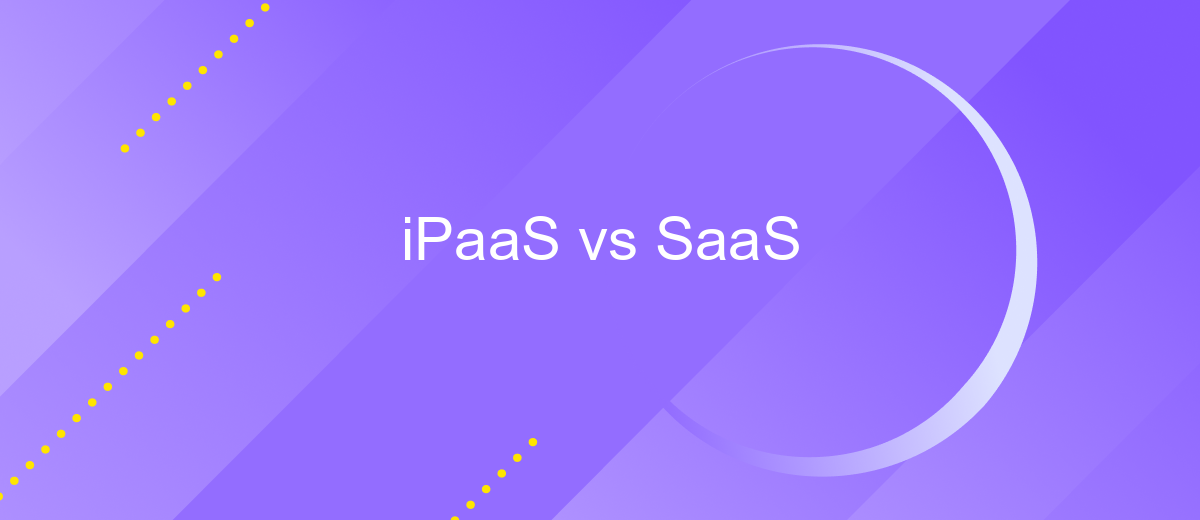iPaaS vs SaaS
In today's rapidly evolving digital landscape, businesses are increasingly leveraging cloud-based solutions to streamline operations and enhance efficiency. Two prominent models in this domain are Integration Platform as a Service (iPaaS) and Software as a Service (SaaS). This article explores the key differences, benefits, and use cases of iPaaS and SaaS, helping organizations make informed decisions on which model best suits their needs.
Introduction
In the rapidly evolving landscape of cloud computing, businesses are often faced with the challenge of choosing the right technology to streamline their operations. Two popular solutions that frequently come into consideration are Integration Platform as a Service (iPaaS) and Software as a Service (SaaS). Both offer unique benefits but serve different purposes in an organization’s tech stack.
- iPaaS: Facilitates the integration of various applications and data sources within a single platform.
- SaaS: Provides ready-to-use software applications over the internet, eliminating the need for local installation and maintenance.
Understanding the distinctions between iPaaS and SaaS is crucial for making informed decisions. While SaaS applications like CRM and ERP systems offer immediate functionality, iPaaS solutions such as ApiX-Drive excel in connecting disparate systems, ensuring seamless data flow and operational efficiency. This introduction aims to explore the key differences, benefits, and use cases of iPaaS and SaaS, helping businesses identify which solution best meets their needs.
What is iPaaS?

Integration Platform as a Service (iPaaS) is a cloud-based service that enables seamless integration between various applications and systems. It provides a unified platform for connecting disparate software solutions, allowing businesses to automate workflows and enhance data sharing across different environments. iPaaS solutions typically include tools for designing, deploying, and managing integrations, making it easier for organizations to connect their existing software infrastructure without extensive coding or complex configurations.
One example of an iPaaS solution is ApiX-Drive, which simplifies the integration process by offering a user-friendly interface and pre-built connectors for a wide range of applications. With ApiX-Drive, businesses can effortlessly set up integrations between CRM systems, marketing platforms, e-commerce solutions, and more. This not only saves time but also reduces the need for specialized technical skills, allowing companies to focus on their core operations while ensuring that their software ecosystem works harmoniously.
What is SaaS?

Software as a Service (SaaS) is a cloud-based service where instead of downloading software on your desktop PC or business network to run and update, you instead access an application via an internet browser. The software application could be anything from office software to unified communications among a wide range of other business apps that are available.
- Accessibility: SaaS applications are accessible from any device with an internet connection, making it easy for users to work from anywhere.
- Cost-Effective: By using SaaS, businesses can save on the costs associated with hardware, maintenance, and software updates.
- Scalability: SaaS solutions can easily scale to accommodate the growing needs of a business, allowing for flexibility and growth.
One of the key advantages of SaaS is the ease of integration with other software and services. For instance, platforms like ApiX-Drive enable seamless integration between various SaaS applications, automating workflows and ensuring that data flows smoothly between different systems. This integration capability makes SaaS an attractive option for businesses looking to streamline operations and improve efficiency.
iPaaS vs SaaS: Key Differences

iPaaS (Integration Platform as a Service) and SaaS (Software as a Service) are both cloud-based solutions, but they serve different purposes. iPaaS focuses on integrating various applications and data sources, enabling seamless communication between them. On the other hand, SaaS delivers software applications over the internet, eliminating the need for local installation and maintenance.
One of the key differences between iPaaS and SaaS is their primary function. iPaaS is designed to facilitate integration and data flow between disparate systems, making it ideal for businesses that need to connect multiple applications. SaaS, however, provides end-users with access to software applications, often through a subscription model.
- Functionality: iPaaS integrates systems; SaaS offers software applications.
- Use Case: iPaaS for integration; SaaS for software delivery.
- Flexibility: iPaaS supports custom workflows; SaaS provides standardized solutions.
- Maintenance: iPaaS requires ongoing management; SaaS is managed by the provider.
For example, ApiX-Drive is an iPaaS solution that helps businesses automate workflows by integrating different applications and services. It simplifies the process of connecting various software, ensuring data flows smoothly between them. In contrast, SaaS applications like Salesforce or Google Workspace offer ready-to-use solutions for customer relationship management and productivity, respectively.
Conclusion
In conclusion, the choice between iPaaS and SaaS depends on the specific needs and goals of your organization. iPaaS solutions offer robust integration capabilities, allowing businesses to connect various applications and automate workflows efficiently. This is particularly beneficial for organizations with complex IT ecosystems that require seamless data exchange and process automation. On the other hand, SaaS provides ready-to-use software applications that cater to specific business functions, offering ease of use and quick deployment without the need for extensive IT involvement.
For companies looking to streamline their integration processes, services like ApiX-Drive can be invaluable. ApiX-Drive simplifies the integration of different SaaS applications, enabling businesses to automate data transfer and synchronization with minimal effort. By leveraging such tools, organizations can enhance operational efficiency and focus more on their core activities. Ultimately, the decision should be based on a thorough assessment of your business requirements, technical capabilities, and long-term strategic objectives.


FAQ
What is the main difference between iPaaS and SaaS?
Can iPaaS be used with existing SaaS applications?
What are the benefits of using iPaaS?
How does iPaaS handle data security?
Can small businesses benefit from iPaaS?
Time is the most valuable resource for business today. Almost half of it is wasted on routine tasks. Your employees are constantly forced to perform monotonous tasks that are difficult to classify as important and specialized. You can leave everything as it is by hiring additional employees, or you can automate most of the business processes using the ApiX-Drive online connector to get rid of unnecessary time and money expenses once and for all. The choice is yours!

